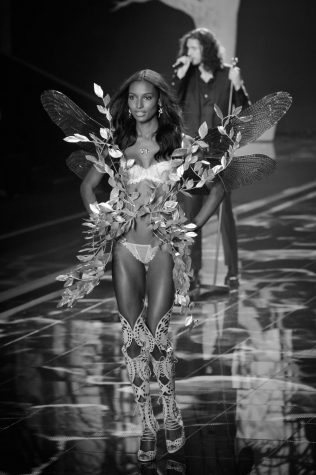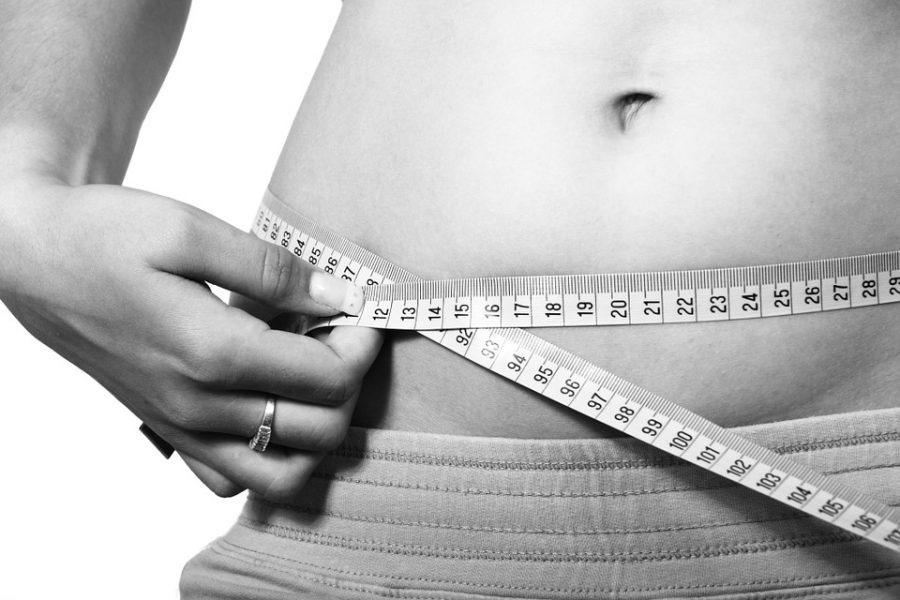Breaking the Barriers of Beauty
December 7, 2017

Annually, I devote an hour of my time fixated on my television, as the opening credits of the Victoria’s Secret Fashion Show start to roll. All that can be heard is the oohs and wows within my living room while each model struts down the perfectly lit runway. Every model graced with beautiful outfits triggers the repetitive thought, “Ugh, I wish I could look like that.” Wouldn’t my life just be wonderful if I could be a gorgeous, 5’10” model with a perfect body? But here’s that word again, perfect. How is that my brain automatically processes perfection to be slim and statuesque?
We live in a world where perfection is determined by a number on a scale or the number of zeros in a jeans size. There are campaigns, like the #AerieREAL lingerie campaign, that tell us to be confident and proud of every body type. There are even web-wide movements, encouraging body positivity, that have swept across the world. As much as these campaigns bring forth a positive message to many people, it makes one question our society’s need for them in the first place. It is astonishing that people must be told to have confidence in their appearance.
It is the Perfection Effect, I call it, that has tarnished the way people view not only others but themselves. The Perfection Effect compels people to constantly push themselves towards society’s ideal view of perfection, or a size 00 and a 24-inch waist. People should be proud of the body they are given instead of wishing for this ideal image of beauty.
These views of perfection are the rips in our blanket of society. Many people pick up these broken pieces of their self-image and try to put them back together, as a means of pleasing the others around them. These ideas of flawlessness can cause imbalance not only externally, but internally. We have reached such a profound breaking point in which people are harming themselves to achieve impractical beauty standards.
Having a positive self-image is far from an easy task. A Time article describes, “Visual platforms like Facebook, Instagram, and Snapchat deliver the tools that allow teens to earn approval for their appearance and compare themselves to others.” In the age of social media, both adults and young adults feel pressure to present the most Photoshopped versions of themselves.
According to Dr. Brownell in the New York Times article “Body and Imagee: One Size Definitely Does Not Fit All,” Brownell laments the fact that, “Highly unrealistic body ideals…lead to conflict within [women’s] bodies.” The effort to reach perfection can go into overdrive and result in fatal outcomes. Professor Susie Orbach explains, “I think there could be a zeitgeist change, but there hasn’t been yet.” Society cannot be the dictionary that gives us the definition of perfection. There needs to be an overall change in the way people view others, as well as themselves. No one person or campaign should tell us to have confidence in our bodies. That confidence should be installed early on within ourselves.
It is important both mentally and physically to have confidence in yourself from the very start. It is time to end the Perfection Effect and stop letting others define inner beauty. Instead of changing ourselves to follow society’s view of perfection, we should be changing how society defines it.


















































































































































